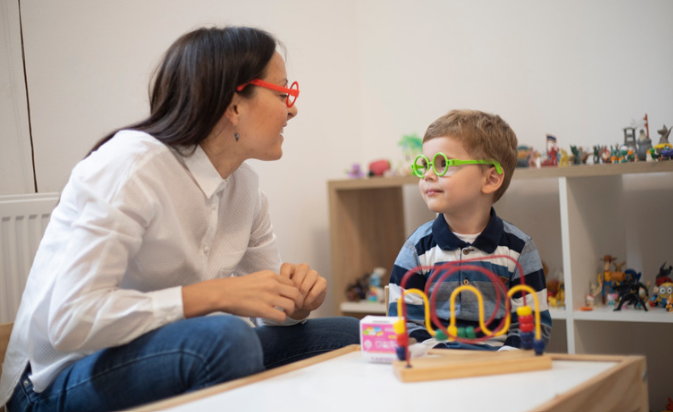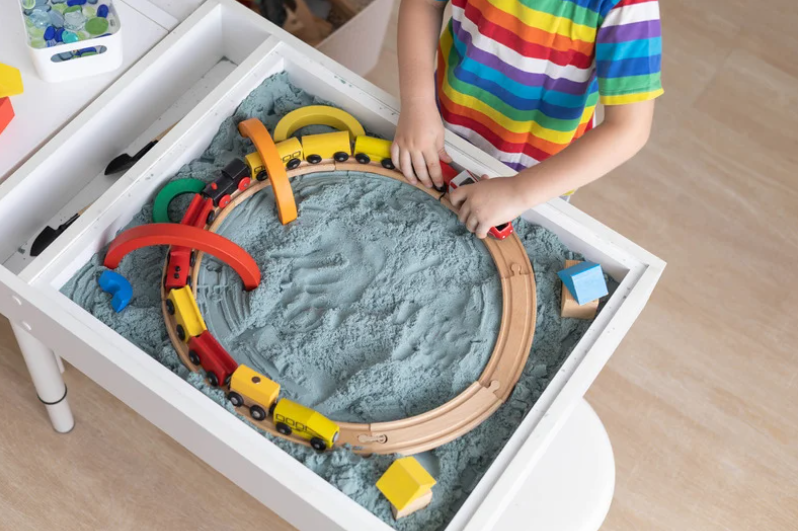Play Therapy

CFCE’s play therapists are offering in-person play therapy as well as providing innovative support to our young clients through private and convenient online therapy. Reach out to us if your child is struggling to cope, or if you need parent support to help your child do their best.
More about play therapy…
“You can discover more about a person in an hour of play than in a year of conversation.” – Plato (Greek philosopher 427–347 BC)
Play therapy is a way for children to “play out” their thoughts and feelings. Play therapy is a structured and recognized method for the treatment of children.
The foundation of play therapy is built on a child’s natural ability to play. Play provides children the opportunity to use what they know to show how they feel and think. When children are dealing with problems like anxiety, trauma, change, or loss, it can be difficult for them to articulate their thoughts and feelings. Play therapy is a non-threatening, developmentally appropriate way to understand a child’s inner world.
How can play therapy help?
* Play therapy supports new and healthy ways of thinking.
* Play therapy can heal stressful and traumatic experiences.
* Play therapy fosters the development of problem solving and decision-making skills.
* Play therapy improves relationships with others.
* Play therapy increases social and emotional skills.
* Play therapy helps us understand the child.
A play therapist is trained specifically in methods of play to engage and encourage children’s expression. Toys are specially chosen to facilitate exploration and encourage imagination. In the playroom, children are provided a safe place to explore emotions, resolve conflicts, and create mastery. Research supports the importance of play and the effectiveness of play therapy.
There are many different types of play therapy. Our therapists use specific types of play therapy as part of a treatment plan developed with the child’s parents after an assessment of the child’s unique needs.

In Child-centered play therapy, the playroom offers a child several different mediums of play such as art, sand, fantasy, and puppets. The therapist creates a nurturing and accepting space for the child to “be.” This can help children to become masterful, responsible and self-confident. Children learn new ways to manage and cope with problems.
Cognitive behavioral play therapy is a more directive form of play therapy which uses proven techniques to help children overcome issues such as anxiety and obsessive compulsive disorder (OCD).
Parent/child play therapy including Theraplay and Filial therapy are helpful approaches to deepen the connection between parent and child and resolve behavior problems.